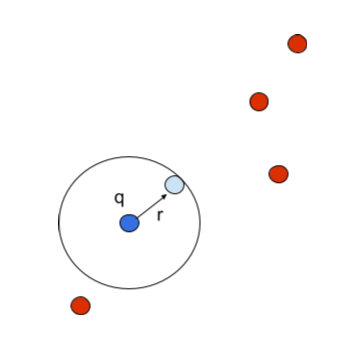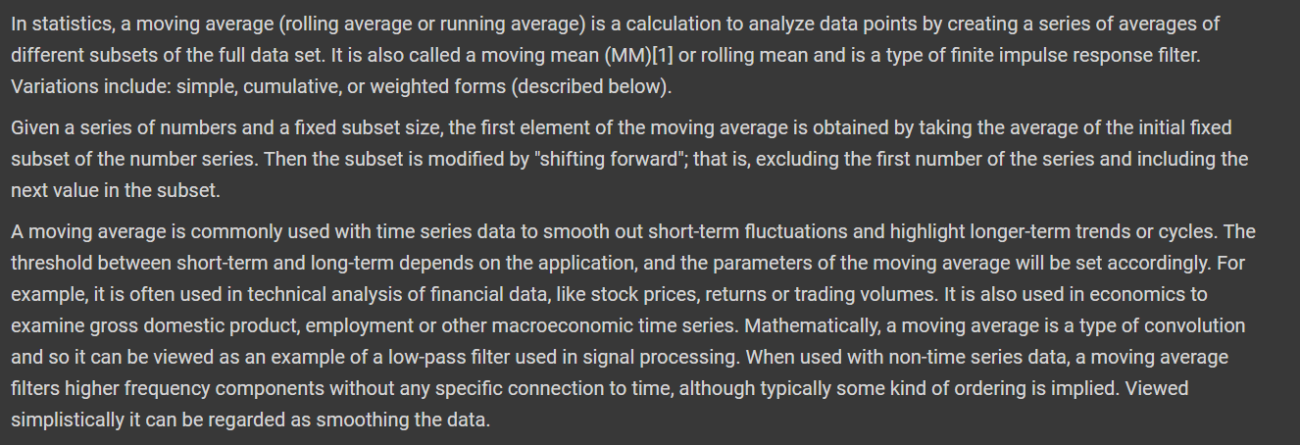Author Archives: Sourabh Mehta - Page 3


Markov chains are a stochastic model that represents a succession of probable events, with predictions or probabilities for the next state based purely on the prior event state, rather than the states before. It is "Memoryless" due to this characteristic of the Markov Chain.
ML Privacy Meter is used to mitigate the attack on the privacy of machine learning models and hence ensures privacy of data.


Recommender systems help individuals in excluding the overwhelming choices of our daily lives. However, while such systems learn patterns from historical data, they can capture the bias mediated by the underlying data about imbalances and inequality.


Generating images from text method works by combining the observed and unobserved categories of text descriptions through some types of auxiliary information, which encodes observable distinguishing properties of objects.


The Queuing Theory focuses on understanding how lines, or queues, work and how to increase their efficiency. It uses the knowledge of probability theory to calculate the different stages of the process.


In the approximate nearest neighbour, we take an approximate distance from the query point and classify the data point under the query.
Markov Chain Monte Carlo (MCMC) refers to a class of methods for sampling from a probability distribution to construct the most likely distribution. Logistic distribution cannot be directly calculated, so instead generates thousands of values preferred as samples for the parameters of the function to create an approximation of the distribution.


The Bayesian approach is used to analyze the data and update the beliefs based on data. Monte Carlo Markov Chain is a method that stimulates high dimensional probability distribution for Bayesian inference.


SS3 has obtained state-of-the-art performance on the early risk detection (ERD) problems on text streams. Since it was designed to deal with risk detection over text streams, it supports incremental training and classification, as well as a visual explanation


GPT Neo is an open-source alternative to GPT 3. It is an open-source model trained like GPT 3, an autoregressive transformer using the mesh library.

